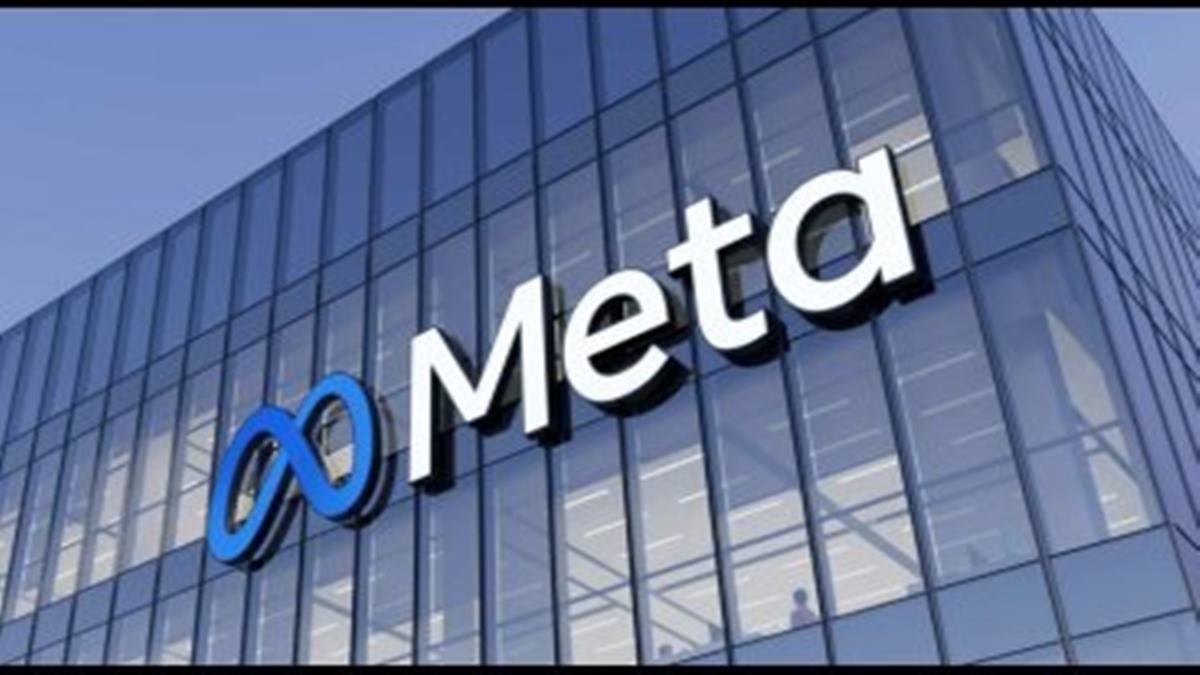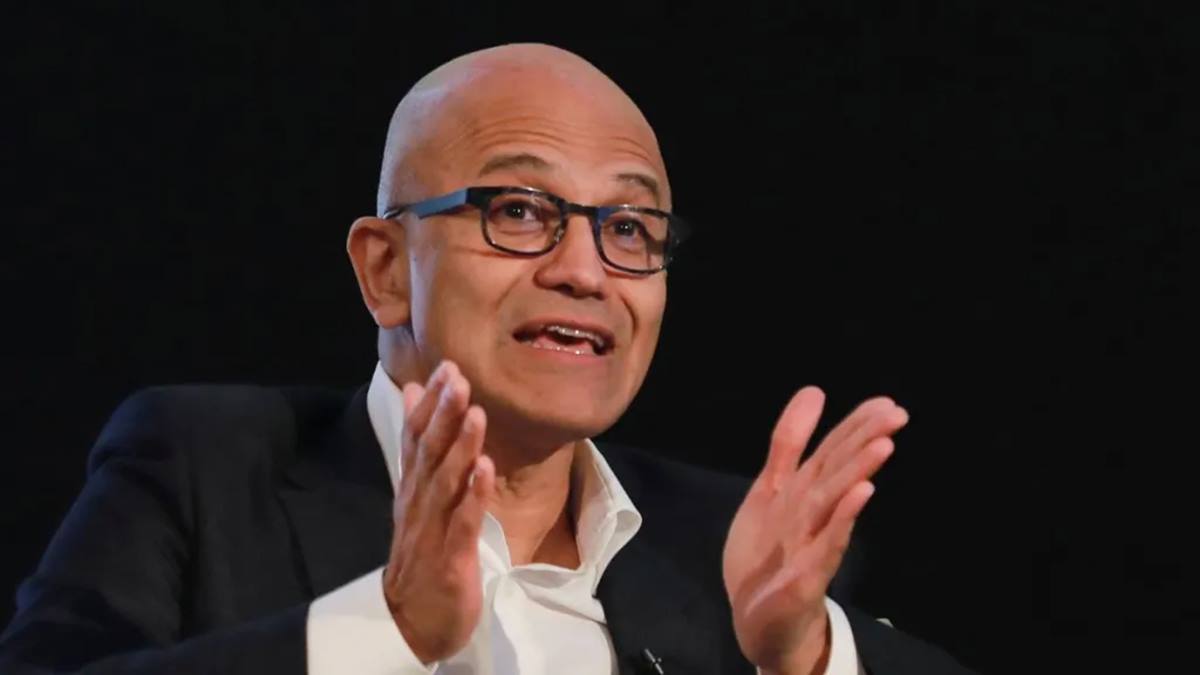Microsoft CEO Satya Nadella gave a sneak peek of how he has integrated ChatGPT-5 in his daily life. The CEO has posted 5 prompts that he uses as an executive leader and manager to be more productive. These prompts shared by Satya Nadella could be the ultimate productivity hack for project managers and group leaders, whereas for the employees, it will be a little problematic.
Picture stepping into a meeting where your manager is already three steps ahead—aware of your talking points, equipped with a tidy breakdown of responsibilities, and fully briefed on your project’s wins, setbacks, and metrics. For leadership, it’s peak efficiency. For the team, it might feel more like being under a microscope. This could be the result of your boss diligently following Microsoft CEO’s advice. Although don’t stress it out we might have something for you too.
Microsoft CEO, through his posts on ‘X’ highlighted the increase in his productivity following these hacks. Additionally, he promoted how ChatGPT-5 and Microsoft’s Co-Pilot integration contributed in his workflow. “It’s been a few weeks since we brought GPT-5 to Microsoft 365 Copilot, and it’s quickly become part of my everyday workflow,” Nadella wrote. “It’s adding a new layer of intelligence spanning all my apps.”
The Prompts that were included in his posts are:
- “Based on my prior interactions with [/person], give me 5 things likely top of mind for our next meeting.”
- “Draft a project update based on emails, chats, and all meetings in [/series]: KPIs vs. targets, wins/losses, risks, competitive moves, plus likely tough questions and answers.”
- “Are we on track for the [Product] launch in November? Check eng progress, pilot program results, risks. Give me a probability.”
- “Review my calendar and email from the last month and create 5 to 7 buckets for projects I spend most time on, with % of time spent and short descriptions.”
- “Review [/select email] + prep me for the next meeting in [/series], based on past manager and team discussions.”
Prompt’s Explained:
The above-mentioned prompts are a bit complex and therefore it might be better to simplify what exactly does Satya Nadella achieve from these. First of the prompts require Copilot to analyse a person’s interaction or chats with the list of people provided. Then it will be preparing a shortlist of things that will be on top of the priorities for the person prior to the next meeting. Essentially, it’s like walking into the room with a cheat sheet on their priorities.
Second prompt requires Copilot to pull together project updates across emails, chat threads and meeting notes. Then it will be adding analysis: KPIs against targets, a summary of wins and losses, looming risks, competitive updates, and even a rehearsal of tough questions the person might face.
Third prompt focuses on accountability requiring Copilot to ask Copilot bluntly, which in Satya’s Case is whether the company is on track for a product launch, and in return, Copilot provides a status check that blends engineering progress, pilot programme data, and risk analysis, topped off with a probability score. It’s a manager’s crystal ball, though perhaps not every team member would be thrilled to have aimed at their work.
Fourth prompt requires Copilot to double as a time auditor. An individual can ask it to scan his past month’s calendar and emails, and then bundle his work into five to seven buckets with percentages of time spent. For anyone who’s ever wondered where their week mysteriously went, this prompt could either be an eye-opener or a source of guilt.
Finally, the fifth prompt shared a meeting-specific use case, Copilot reviews a chosen email, cross-references it with previous discussions involving the team and manager, and delivers a prep briefing. In theory, it makes sure you’re never blindsided in the room.
As Copilot evolves, Nadella’s public examples indicate that AI is not just about efficiency but about preparing leaders for sharper decision-making. The message is clear: the future of work will increasingly involve having an AI that knows your schedule, your priorities, and even the questions you’re most likely to face.




















